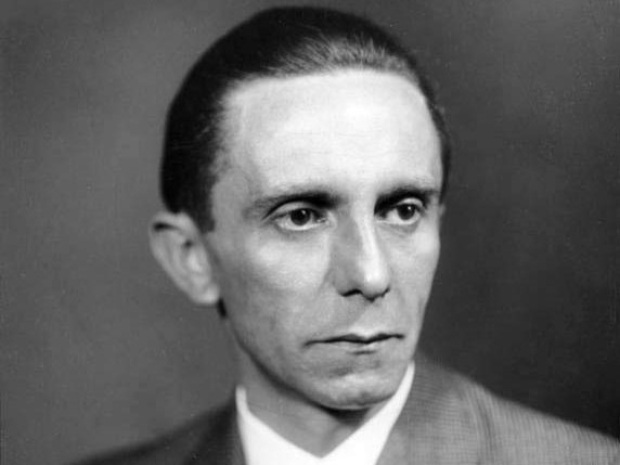While Stanford Internet Observatory (SIO) and Graphika, a social media analytics company, have published a report based on data from Meta and Twitter, in which they describe their findings as "the most extensive case of covert pro-Western propaganda on social media to be reviewed and analyzed by open-source researchers to date."It is pretty clear that Russian trolls have been trying to push deceptive messages onto the Internet, researchers found "an interconnected web of accounts on Twitter, Facebook, Instagram and five other social media platforms that used deceptive tactics to promote pro-Western narratives."
Twitter has only said it believes the tweets came from the US and Great Britain, while Meta said activity it flagged originated in the US.
There could be connections between the various social efforts. Researchers did note some low-level, open-source connections between overt and covert activity on Twitter and Meta, but the technical data was limited, making it difficult to establish.
The SIO and Graphika describe the Twitter/Meta dataset as relatively unique, as "with few exceptions, the study of modern influence operations has overwhelmingly focused on activity linked to authoritarian regimes in countries such as Russia, China, and Iran."
However western social media propagandists use the same limited set of tactics employed in previously studied campaigns originating in Russia, China, and Iran. It appears that there is nothing really new in the propaganda world.
Basically this means fake personas with GAN-generated faces, fake independent media outlets, memes, short-form videos, online petitions, and hashtag campaigns. The most followed accounts in the data, the researchers wrote, were those overtly associated with the US military.
What is important is that the social networking public mostly fail to believe the posts. Most of them received no more than a handful of likes or retweets, and only 19 percent of the covert assets had more than 1,000 followers. So as a method of winning hearts and minds the whole set up is pointless.




